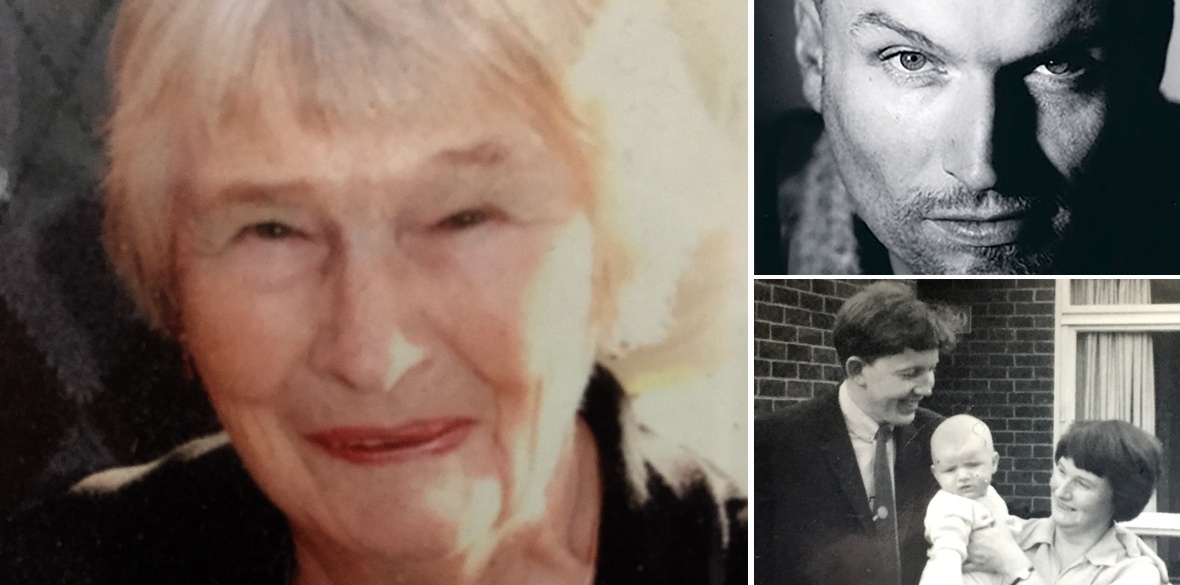This is the last article you can read this month
You can read more article this month
You can read more articles this month
Sorry your limit is up for this month
Reset on:
Please help support the Morning Star by subscribing here
THEATRE remains in crisis. Some have maintained an online presence through streamed and distanced productions but most have remained closed for over a year.
Even when the Luftwaffe was carpet-bombing London, intrepid theatregoers embodied the “blitz spirit” by attending productions frequently interrupted by air-raid sirens. But that threat — albeit severe — was from without and easy to identify. Now, invisible, it is among us.
When I spoke to playwright Mark Ravenhill, whose new production Angela has just been launched as a radio drama, he pointed out that the last time venues in the capital were shut for such a long time was in 1665, when the Great Plague was tearing through the city.
With a comprehensive coronavirus vaccination programme still very much nascent, it is telling that the most effective method we have of preventing the spread of an infectious disease, social distancing, hasn’t changed in over 350 years.
Such drastic measures have come at a huge cost, particularly for care-home residents — and the staff who look after them — many of whom have been isolated in their rooms, unable to receive visits from their families.
This has been particularly devastating for those suffering with dementia, for whom regular visits from loved ones is a lifeline. Ravenhill’s mother Angela had Alzheimer’s towards the end of her life. Though she died before the pandemic, many of the themes explored in the play — loss, grief, isolation — resonate all the more strongly now.
Lockdown provided Ravenhill with both the time to write the work and the ideal form to frame it — a radio drama. This lends itself perfectly to the exploration of Angela’s experiences as she flits between lucidity, confusion and the reassurances of distant memory.
Those who know, or have known, people suffering with dementia will find much they recognise in how the distant past can be recalled with the utmost clarity and yet the present is often a muddle of confusion and, at times, anxiety.
Ravenhill has expertly employed this as a narrative device in telling the story of his mother’s life. It's an account of her hard-up childhood, her involvement with an amateur-dramatics group, her — rather racy, for the 1950s — courtship with her husband Ted, her first pregnancy which sadly ends in a miscarriage and the birth of her son, Mark.
His mother’s deterioration intersperses these memories. The elision is permeable — this being radio — and it gives a glimpse of how confusing it must be to navigate our own reality and that of those around us.
There are some tragic moments as a paranoid Angela struggles to comprehend her surroundings, sometimes becoming aggressive with hospital staff and lashing out at those trying to help her, including her husband, who she doesn’t recognise.
Ravenhill says he was cautious about mining his own family’s history for the production, given that his father is still alive. But he has dealt with what could be a painful exercise very skilfully. Angela’s increasingly tempestuous behaviour is counterbalanced by her naturally caring disposition, her cheeky flirtation with doctors and her fierce love for her son.
There is a poignant scene when a friend warns Angela to make sure that the young Mark, who dreams of becoming a ballet dancer, “doesn’t grow up a great big poof.” The rebuke is swift and fierce: “My son can grow up to be anything he wants.”
And a ballet dancer he becomes, after a fashion. Ravenhill’s first, quite recent and nervous steps in a beginner’s class, bookend the play.
It’s the first in a series for Sound Stage, an online platform created by the Royal Lyceum and the Pitlochry Festival in Scotland, which is designed to give an audience a more “genuine” experience of theatre. There is an interval and an after-show talk, though — mercifully — no coughing or munching.
Pam Ferris gives indomitable voice to the older Angela, Matti Houghton the younger, while Toby Jones provides narrative continuity throughout as the redoubtable Ted and the precocious young Mark is played by Jackson Laing, with Joseph Millson as the playwright and budding ballet dancer.
Will the pandemic unleash a new wave of creativity in theatre, once venues safely open again? Ravenhill is cautiously optimistic: “I won’t be rushing to see a Covid monologue,” he says, but the desire to get together in a creative space for a shared experience is strong among actors and audiences alike.
After well over a year of social distancing and solitude, it will be something to behold.
Available online via the Lyceum Theatre, March 26-28 and April 1-2, lyceum.org.uk












